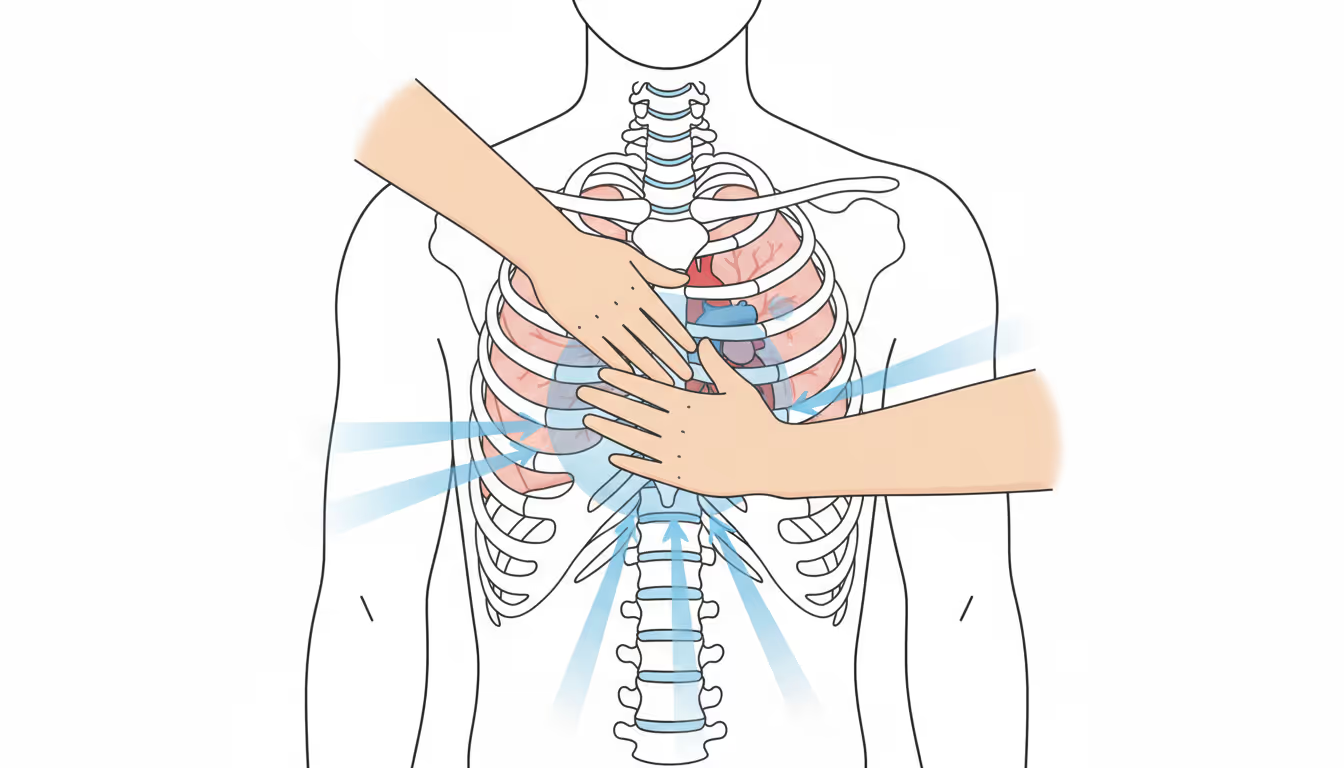
Chemotherapy, often referred to as "chemo," is a term used to describe drug treatments for cancer. Most anticancer medications are administered intravenously (IV) or intramuscularly (IM), although some are taken orally. Chemotherapy generally provides systemic treatment, meaning the drugs circulate through the bloodstream, reaching nearly every part of the body.Patients requiring multiple rounds of IV chemotherapy may receive their medication via a catheter—a thin, flexible tube. One end of the catheter is inserted into a large vein in the chest, while the other end remains outside the body or is connected to a small device under the skin, through which the anticancer drugs are administered.Chemotherapy is often delivered in cycles, consisting of a treatment phase followed by a recovery period before the next treatment begins. Typically, patients undergo chemotherapy as outpatients at hospitals, doctor's offices, clinics, or even at home. However, depending on the specific drugs used and the patient's overall health, a short hospital stay might be necessary.The side effects of chemotherapy largely depend on the type and dosage of drugs administered. Most anticancer drugs target rapidly dividing cells, including blood cells that fight infections, aid in blood clotting, and transport oxygen throughout the body. When these cells are impacted, patients may experience increased susceptibility to infections, easy bruising or bleeding, and reduced energy. The rapidly dividing cells lining the digestive tract can also be affected, leading to side effects such as appetite loss, nausea, vomiting, hair loss, and mouth sores. Medications to alleviate these symptoms, particularly nausea and vomiting, can often be prescribed. Generally, these side effects diminish during recovery or after treatment concludes.Hair loss is a significant concern for many undergoing chemotherapy. Some drugs may only thin the hair, while others could lead to complete loss of body hair. Addressing how to manage hair loss before treatment begins can help patients feel better.In both men and women, chemotherapy drugs might cause fertility changes, potentially resulting in temporary or permanent infertility. For men, sperm banking prior to treatment might be an option. Women might experience halted menstrual cycles and vaginal dryness, though younger women are more likely to see their periods return.In certain situations, bone marrow transplants and peripheral stem cell support are utilized to restore blood cell production when it has been compromised by chemotherapy or other treatments.




